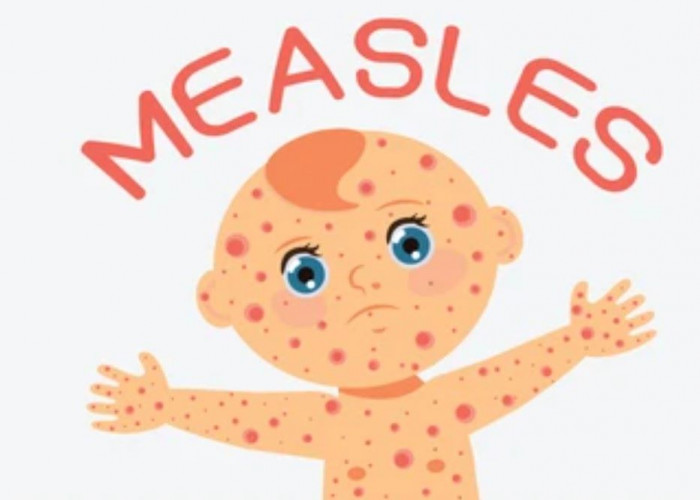 Welcome
Welcome
“May all be happy, may all be healed, may all be at peace and may no one ever suffer."
Chickenpox
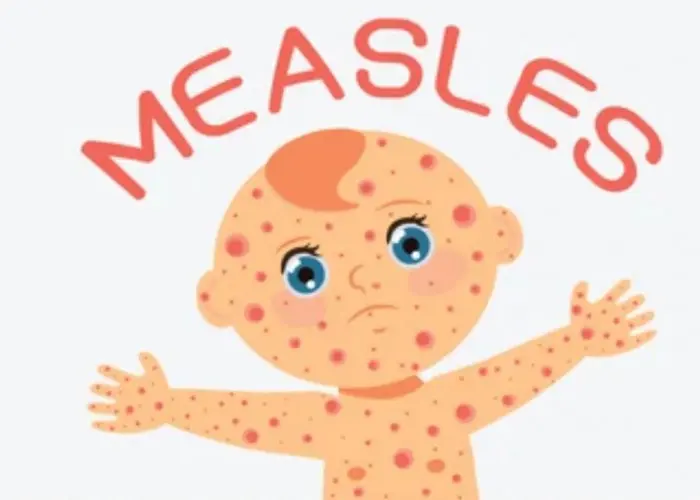
Chickenpox, also known as varicella, is a highly contagious viral infection caused by the varicella-zoster virus. It is characterized by an itchy rash that starts on the face, chest, and back and then spreads to the rest of the body. Other symptoms may include fever, fatigue, and headache. Chickenpox can be prevented by vaccination, and treatment options may include antiviral medications and supportive care to relieve symptoms.
Research Papers
Disease Signs and Symptoms
- Fever
- Loss of appetite
- Headaches
- Tiredness and a general feeling of being unwell (malaise)
- Skin bumps
- Raised pink or red bumps (papules), which break out over several days
- Small fluid-filled blisters (vesicles), which form in about one day and then break and leak
- Chickenpox
Disease Causes
Chickenpox
Chickenpox infection is caused by the varicella-zoster virus. It can spread through direct contact with the rash. It can also spread when a person with the chickenpox coughs or sneezes and you inhale the air droplets.
Disease Prevents
Chickenpox
The chickenpox (varicella) vaccine is the best way to prevent chickenpox. Experts from the CDC estimate that the vaccine provides complete protection from the virus for nearly 98% of people who receive both of the recommended doses. When the vaccine doesn't provide complete protection, it significantly lessens the severity of chickenpox.
The chickenpox vaccine (Varivax) is recommended for:
- Young children. In the United States, children receive two doses of the varicella vaccine — the first between ages 12 and 15 months and the second between ages 4 and 6 years — as part of the routine childhood vaccination schedule.
- The vaccine can be combined with the measles, mumps and rubella vaccine, but for some children between the ages of 12 and 23 months, the combination may increase the risk of fever and seizure from the vaccine. Discuss the pros and cons of combining the vaccines with your child's doctor.
- Unvaccinated older children. Children ages 7 to 12 years who haven't been vaccinated should receive two catch-up doses of the varicella vaccine, given at least three months apart. Children age 13 or older who haven't been vaccinated should also receive two catch-up doses of the vaccine, given at least four weeks apart.
- Unvaccinated adults who've never had chickenpox and are at high risk of exposure. This includes health care workers, teachers, child care employees, international travelers, military personnel, adults who live with young children and all women of childbearing age.
- Adults who've never had chickenpox or been vaccinated usually receive two doses of the vaccine, four to eight weeks apart. If you don't remember whether you've had chickenpox or the vaccine, a blood test can determine your immunity.
The chickenpox vaccine isn't approved for:
- Pregnant women
- People who have weakened immune systems, such as those who are infected with HIV, or people who are taking immune-suppressing medications
- People who are allergic to gelatin or the antibiotic neomycin
Talk to your doctor if you're unsure about your need for the vaccine. If you're planning on becoming pregnant, consult with your doctor to make sure you're up to date on your vaccinations before conceiving a child.
Disease Treatments
In otherwise healthy children, chickenpox typically needs no medical treatment. Your doctor may prescribe an antihistamine to relieve itching. But for the most part, the disease is allowed to run its course.
If you're at high risk of complications
For people who are at high risk of complications from chickenpox, doctors sometimes prescribe medications to shorten the length of the infection and to help reduce the risk of complications.
If you or your child are at high risk of complications, your doctor may suggest an antiviral drug such as acyclovir (Zovirax, Sitavig). This medication might lessen the severity of chickenpox when given within 24 hours after the rash first appears. Other antiviral drugs, such as valacyclovir (Valtrex) and famciclovir, also may lessen the severity of the disease, but might not be approved or appropriate for everyone.
In some instances, your doctor may recommend getting the chickenpox vaccine within three to five days after you've been exposed to the virus. This can prevent the disease or lessen its severity.
Treating complications
If complications develop, your doctor will determine the appropriate treatment. He or she may prescribe antibiotics for skin infections and pneumonia. Brain inflammation (encephalitis) is usually treated with antiviral drugs. You may need to be hospitalized.
Disease Diagnoses
Disease Allopathic Generics
-
Phenoxymethyl Penicillin [Penicillin V]
(phenoxymethyl penicillin) if other chest symptoms occur.
Adults take 1/2 pill (250mg) every 6 hours.
-
Amoxicillin Trihydrate
1 day 3 times at night.
-
Paracetamol
On a full stomach or 1/2 teaspoon 3 times a day.
-
Chlorpheniramine Maleate
Chlorpheniramine maleate is a medicine for itching.
1 pill or 1/2 teaspoon 3 times a day.
-
Promethazine Hydrochloride
Chlorpheniramine maleate is a medicine for itching.
1 pill or 1/2 teaspoon 3 times a day.
-
Pheniramine Maleate
Chlorpheniramine maleate is a medicine for itching.
6-12 years 1 spoon 3 times a day.
-
Neomycin Sulfate + Bacitracin Zinc
Antibiotic creams such as potash permanganate ointment or neomycin should be applied to the wound.
Disease Ayurvedic Generics
Disease Homeopathic Generics
-
Aconite
6, 30 strength
-
Apis mellifica
6, 30 strength
-
Mercurius
6, 30 strength
-
Rhus toxicodendron
6, 30 strength
-
Antimonium tartaricum
6, 30 strength
-
Belladonna
6, 30 strength
-
Sulphur
6, 30 strength
Disease yoga
Chickenpox and Learn More about Diseases
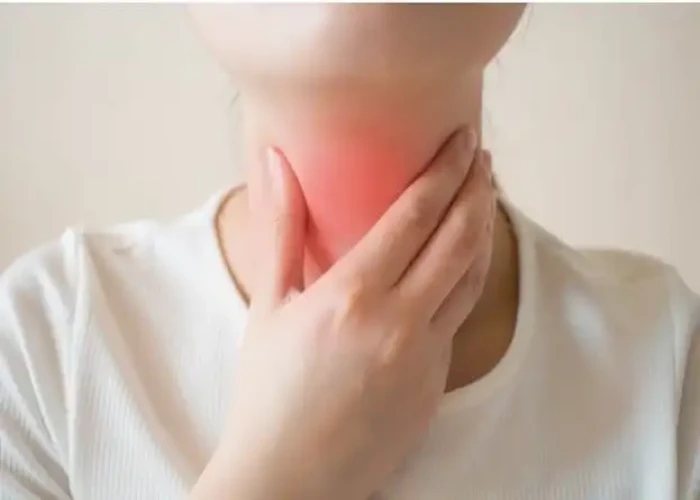
Sore throat
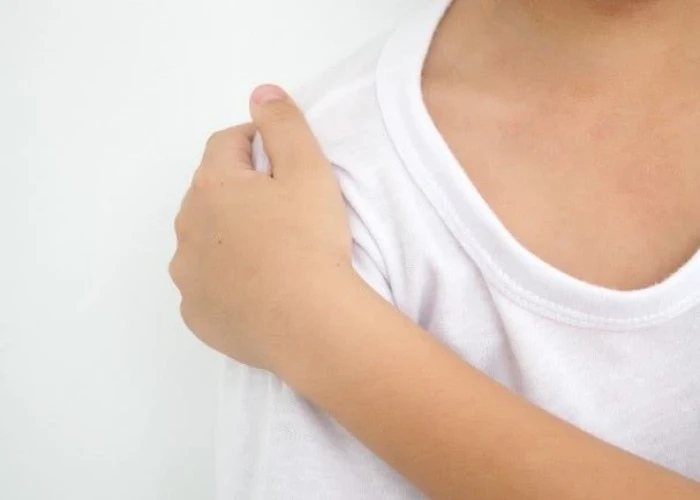
Polymyalgia rheumatica

Post-vasectomy pain syndrome
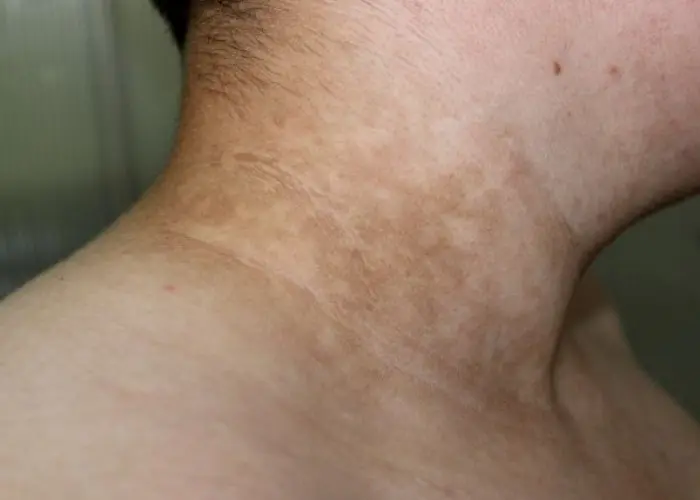
Acanthosis nigricans

Bruxism (teeth grinding)

Stretch marks

Scabies
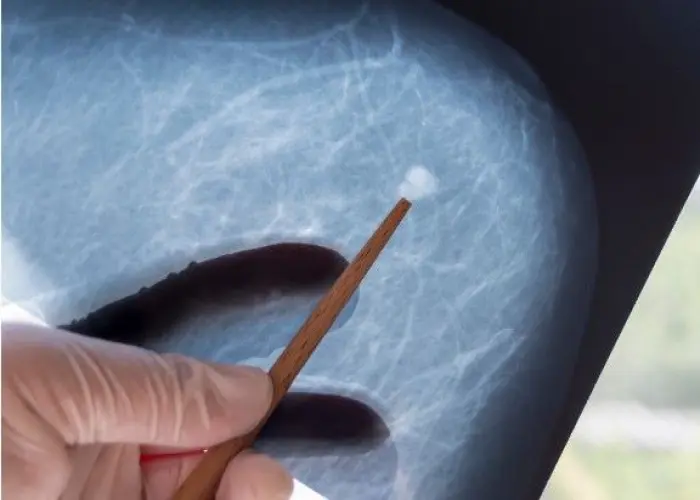
Fibrous dysplasia
Chickenpox, Pox, Chicken pox treatment, জল বসন্ত
To be happy, beautiful, healthy, wealthy, hale and long-lived stay with DM3S.
